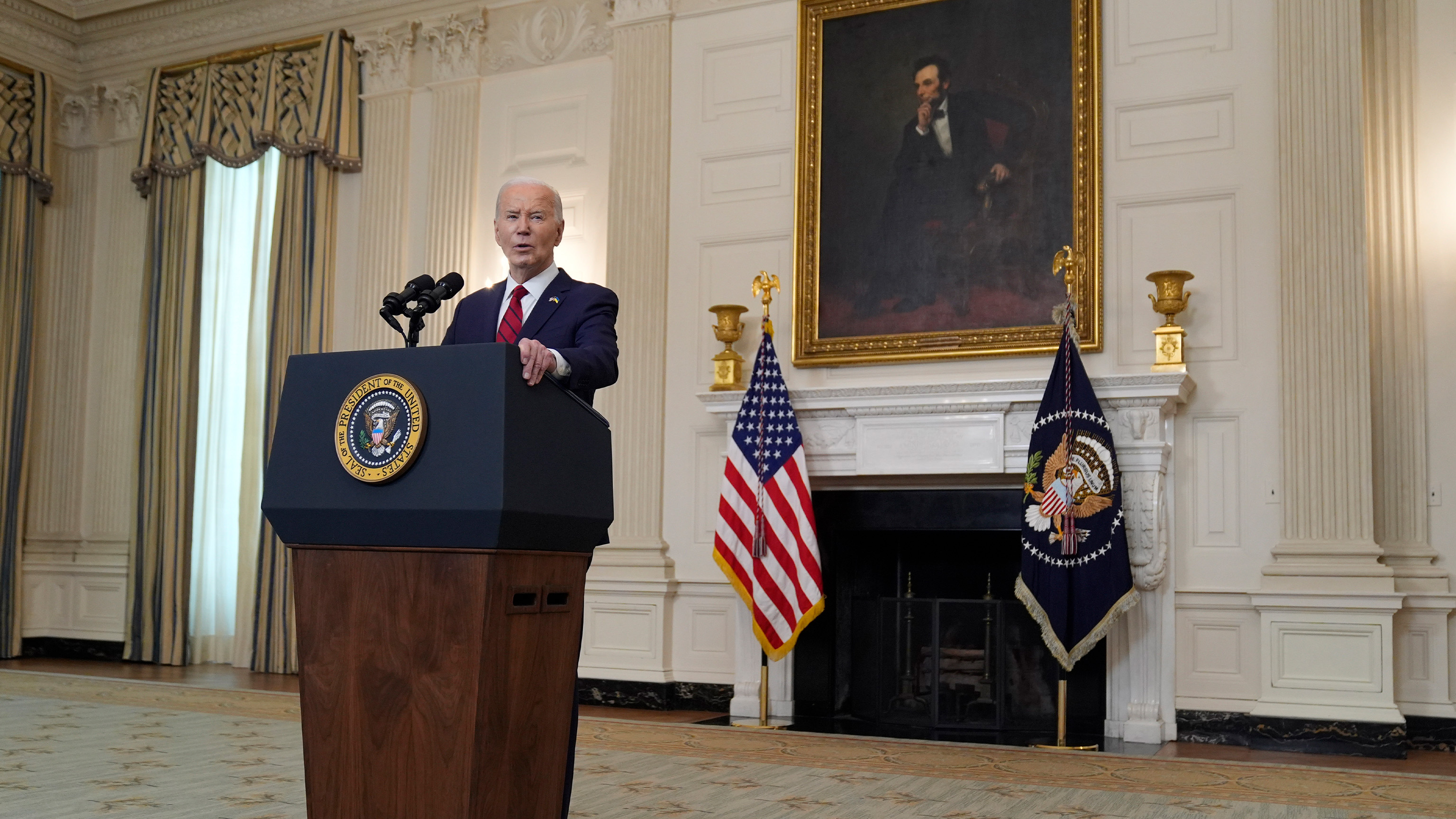Unsolved Atlanta child murders are back under the microscope
ATLANTA -- Authorities will take another look at the decades-old Atlanta child murders, re-examining evidence in the hopes that technological breakthroughs might point to a definite killer in the cases, most of which were never solved, Mayor Keisha Lance Bottoms said Thursday.
The point is not to vindicate convicted murderer Wayne Williams, who was implicated as the prime suspect in the slayings, but to provide closure to the families of victims who have long sought answers about their children's killers, said Bottoms. The mayor was 9 when the murders began and now has four children herself.
Bottoms said she spoke to Police Chief Erika Shields to see if there is any evidence that could be re-examined "that may give some peace -- to the extent that peace can be had in a situation like this -- to the victims' families."
Investigators will be examining never-before-analyzed evidence and re-examining other evidence in the case, though officials did not promise any outcomes that would change the 40-year-old narrative.
"We don't know what we'll find," Shields said, but the city feels an obligation to do everything it can to provide answers to the families and will look through every box of evidence to see if something warrants a closer analysis.
"As we stand, there are some heavy hearts that still exist in our community," said Fulton County District Attorney Paul Howard, explaining the case would be the first order of business for his office's newly formed conviction integrity unit.
One of those hearts belongs to Catherine Leach, whose 13-year-old son, Curtis Walker, is counted among the unsolved murders. She thanked officials for their interest in reopening the case and lamented that it wasn't done sooner.
"I've been going through this for a long time. I have been let down," she said. "It seems like the Atlanta missing and murdered children have been forgotten in this city. ... I don't think it's right for all these kids to be killed in this city and nobody was concerned about it."
She added, "I want some closure. I want to know who killed Curtis."
Killings left a city on edge
The case -- which included 29 killings, mostly of black children, between 1979 and 1981 -- frightened parents and children of Atlanta, which pre-1996 Olympics and a major airport expansion, was not the megalopolis it is today. Interest also abounded nationally.
Sammy Davis Jr., Frankie Sinatra and The Jacksons performed at benefit concerts to raise money for victims' families, and it spawned a 1985 CBS miniseries starring James Earl Jones, Morgan Freeman and Martin Sheen. Even today, Netflix's second season of "Mindhunter" is expected to delve into the case, and Payne Lindsey -- of 'Up and Vanished" podcast fame -- has devoted his latest project, "Atlanta Monster," to the Atlanta child murders.
Years after Williams' arrest, it was revealed that authorities had investigated the Ku Klux Klan as part of their probe into the murders, and Williams, in a CNN documentary, would curiously decline repeatedly to discuss whether he received CIA training that included the proper means to execute a choke hold.
Though the Atlanta Police Department declared he was responsible for most of the child murders, Williams was arrested Father's Day 1981 and charged not in the youngsters' slayings, but in the murders of Nathaniel Cater and Jimmy Ray Payne, both adults. He was found guilty of both killings in 1982 and sentenced to life in prison.
The former news reporter and wannabe music producer was 23 at the time. He was convicted, in part, on then-nascent forensic technology that connected dog's hairs and numerous fibers -- some from Williams' home and car -- to Cater and Payne. One juror would tell CNN decades later that he and others felt the chances were "astronomical" that anyone else could've been connected to all of the various fibers found on the bodies.
The case was far from over, however. It would continue popping up for years.
Atlanta 'in a panic'
Most recently, in 2010, Williams spoke to CNN after forensic experts said human hairs found on the body of 11-year-old victim Patrick Balthazar could not exclude Williams as the boy's killer. Williams has always maintained his innocence, questioning the disappearance of certain evidence and accusing investigators of manipulating other evidence.
"The bottom line is nobody ever testified or even claimed that they saw me strike another person, choke another person, stab, beat or kill or hurt anybody," WIlliams told CNN, "because I didn't."
He said Atlanta was "in a panic" over the killings and was bent on convicting a black man because arresting a white man might have sparked a race war and "Atlanta would've gone up in flames," he said.
"That fiber evidence may well have been manipulated in this case, point blank and simple, simply because they had a suspect -- it was Wayne -- and that manipulation no doubt has continued even after my trial and up until this point," Williams told CNN.
Retired FBI scientist Harold Deadman, who testified about the hair findings in Williams' 1982 trial and later became head of the FBI's DNA lab, said in CNN's 2010 documentary, however, that the hair found on Patrick's body was the strongest finding possible with this particular type of testing.
"It would probably exclude 98% or so of the people in the world," Deadman said.
Of 1,148 African-American hair samples in the FBI's data base, the FBI said only 29 had the same sequence -- in other words, only 2 of every 100 African-Americans.
None of the Caucasian or Hispanic hair samples in the data base had this sequence. When those samples are added in the total, then the odds rise to almost 130-to-1 against the hairs coming from any person other than Wayne Williams.
The-CNN-Wire
& 2019 Cable News Network, Inc., a Time Warner Company. All rights reserved.




